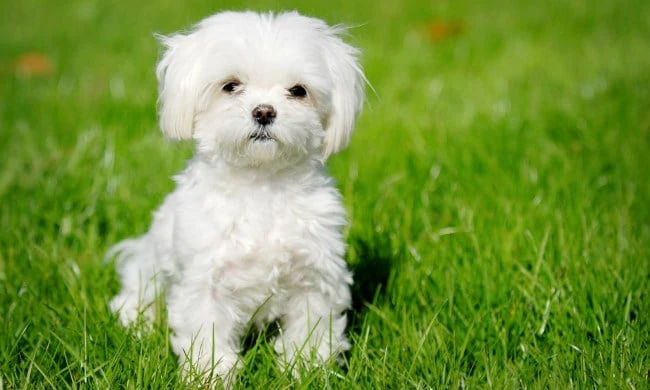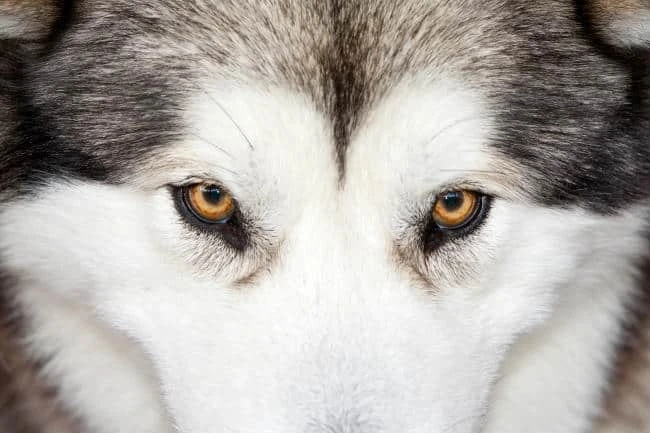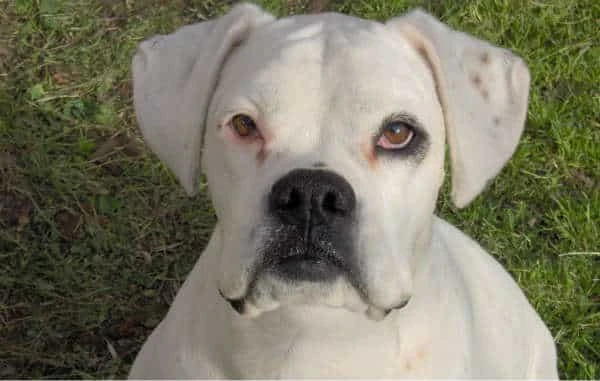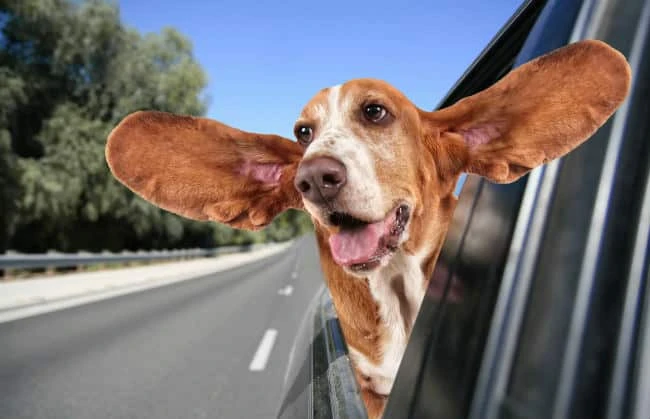The Dog Owners Guide To Constipation in Dogs

Constipation in dogs and puppies is a health condition that causes extreme difficulty and pain when a dog or puppy attempts to poop. This illness is actually more common in pets than humans realise and can be caused by a number of different reasons. Below we have provided a complete guide to it’s causes, symptoms, the foods and diet that can trigger the problems and of course it’s treatment and relief.
Below are some of the main causes of constipation in dogs…
- Some canine medications can cause an inability or difficulty when attempting to poop. If this has been ongoing then you should speak to your vet about having stool softeners prescribed to make pooping easier and less painful.
- If your dog has become lazy or you are not giving him/her enough exercise then this could lead to constipation.
- Foreign objects are sometimes swallowed which may block the small or large intestine – it is vital that you speak to your vet as the foreign objects will need to be removed possibly through surgical intervention.
- Just like in humans a poor diet can lead to constipation in dogs – some experts now think that a dog food that is high in processed grains can lead to problems when pooping. Also a cheap dog food that is cooked at a high temperature can lead to ash being produced which is very difficult to digest causing problems for your dog when attempting to defaecate.
- Another cause of this condition is stress – just like in humans dogs can also become stressed which can lead to your dog’s body becoming tense with muscles also becoming taught – this will make it very difficult for a dog to pass waste i.e. poop.
- If your dog has a habit of chewing on raw hide bones these can lead to blockages and problem pooping.
- Just like in humans dogs need to have a certain amount of fiber in there diet – fiber will absorb water leading to the stools being much easier to pass.
- Your dog also needs to drink plenty of water – a dog that has become dehydrated will lead to the colon absorbing water and fluids which will make the stools much harder, firmer and much more difficult to pass.
- Older dogs can develop an enlarged prostate gland which can lead to constipation in dogs.
- Dogs that shed hair and may ingest fur that can lead to blockages and constipation.
- After surgery a dog might become constipated.
- Worms can also cause the illness – as the worms steal your dogs nutrients and start to grow and multiply they will start to cause blockages and then problems when attempting to go to the toilet.
Symptoms, Prevention & Treatment for Constipation in Dogs
The symptoms of constipation in dogs and puppies can vary depending on how severe the problem is. It is important to mention that if your dog has become so constipated that there is a serious build up of poop – it can become so bad that it could even be fatal if left untreated.
When a dog or puppy is unable to defecate (at all) and no gas or wind is able to pass this condition is referred to as Obstipation – this is a serious condition that needs urgent veterinary treatment (it is also sometimes referred to as ‘intractable constipation’). Another very serious health problem related to an inability or pain when attempting to poop is called ‘mega colon’ – this is when the stools (fecalomas) block the intestines completely stopping them from functioning properly – they will often need to be surgically removed but surgical intervention is risky.
- Obviously the main symptom of constipation is difficulty when attempting to poop and pain when pooping. Your dog might crouch into the pooping position and be in that position for a long time even whining as if in pain when attempting to go.
- You might notice that your dog starts to leak fecal fluid – this is not diarrhea but a build up of fluid that passes around the stools blocking the exit.
- When your dog passes the stools they might be covered in mucus or even have streaks of blood around the stool. This might mean that your dog has developed an infection.
- Your dog may have problems mobilizing and even walk as if hunched and in pain – this is because the intestines have become so blocked that it is painful when your dog moves.
- Your dog or puppy may lose his appetite and refuse food.
- A high temperature and lethargy is another symptom of constipation in dogs and puppies.
- Your pooch might start whining in pain and have an arched back.
Prevention Of Constipation In Dogs
- Make sure that your dog always has access to fresh water.
- Give your dog or puppy regular exercise.
- A good diet that is low in grain is great for a dog that is prone to bowel problems.
- A diet high in fiber helps to increase bowel movements – from 2 1/2 up to 4 1/2 percent of a dog’s food should consist of fiber.
Foods that Cause Constipation
- A diet consisting of flour and high in protein can cause the problem.
- Don’t purchase really cheap dog food as it is high in additives and preservatives.
- Dry dog food (kibble) that is very cheap can also cause the problem.
- Don’t feed your dog human food or scraps from the table as it will not help your dog’s digestive system.
Treatment & Home Remedies
Please always speak to your vet and never treat the illness until you have received medical advice and do not use human laxatives to treat your dog. The below treatment guide is for information only.
- Green vegetables in your dog’s diet can alleviate the problem or prevent it.
- Your vet may prescribe certain laxatives.
- Some owners add mineral oil to their dogs food to make pooping easier.
- Speak to your vet about prescribing milk of magnesia as this might help.
- If the problem is severe then the vet might need to undertake an enema.
- Extra fiber might be really beneficial including wheat bran or oat meal.
- One of the most respected home remedies for constipation in dogs and puppies is the addition of pumpkin to the diet. The pumpkin might need to be mashed up before it is fed to your dog.
- Speak to your vet about the addition of Psyllium seeds to your dogs diet as they can also help alleviate the problem mainly through softening the stools.
- Aloe Vera juice is also considered a very good treatment for the illness.
Why Do Dogs Eat Grass?
Dog Health Problems Online > Constipation in Dogs





